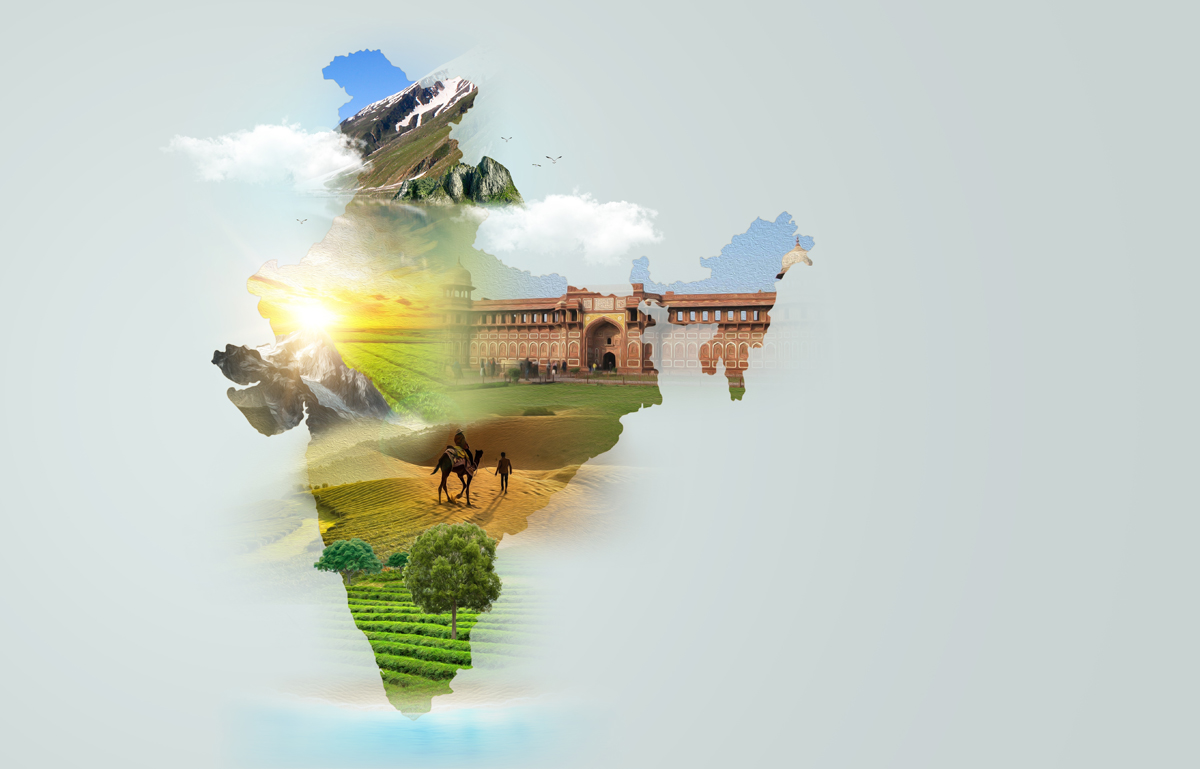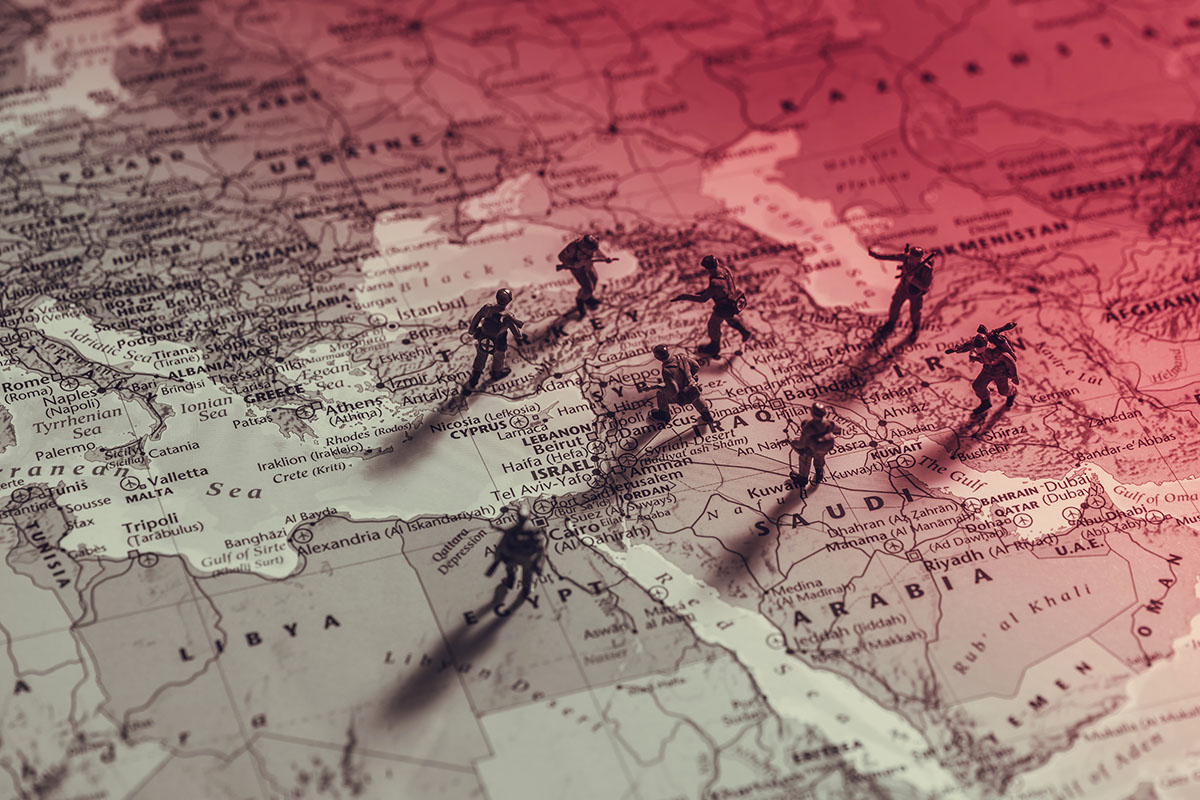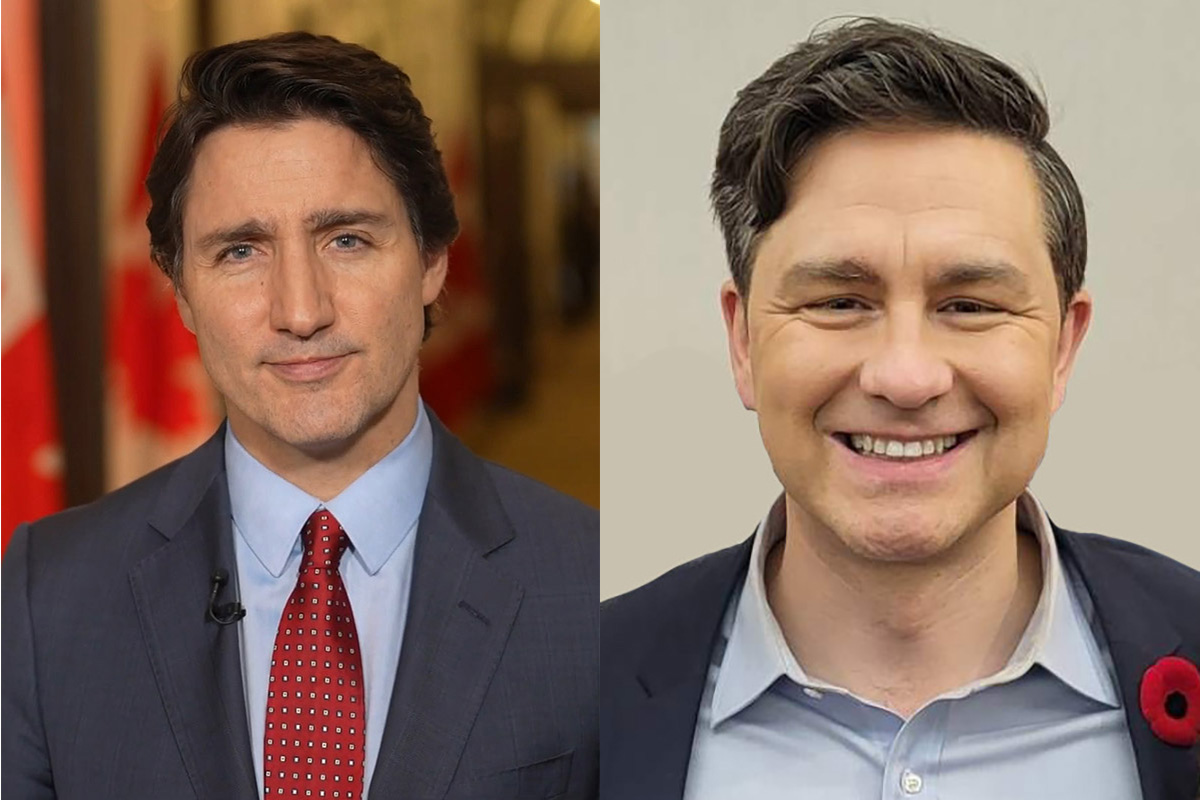India beyond 75: Promising new power in global arenas
November 18by Ainesh Dey
As India enters her 76th year of Independence, the relative volatility of the international landscape has led to increased opportunities for her. As a prospective global player, India must undertake the responsibility of fulfilling larger strategic commitments.
Given the current tumultuous geopolitical context, the road to global spotlight for New Delhi seems rather cumbersome. The Russo-Ukraine War, the Taliban takeover of Afghanistan and the growing impoverishment of India’s South Asian neighbours; Sri Lanka and Pakistan, all hinder India’s place in international affairs.
These harsh instances demonstrate the lack of consensus and the sheer neglect of soft power tactics of dialogue and diplomacy. In the words of Samir Saran, the President of the renowned Observer Research Foundation (ORF), “When the pandemic first broke out there was a rise in protectionist sentiments and countries scrambled to protect their citizens and close off borders.” This bitter consequence of the COVID-19 pandemic accentuated unabated international animosity.
For India, beyond 75, this very constrained international context has given rise to multifarious complications in its geo-strategic calculus. There is an imperative need to centre the bulk of focus around adapting to the post-pandemic realities. Confronting mutual harmony and global integrity, especially with the assumption of the much awaited G-20 Presidency, is integral. India must, therefore, seek to delve into the larger perspectives on her road ahead with foreign policy objectives.
Assertive Diplomacy and Strategic Multilateralism in the Indo-Pacific
Currently India’s foreign policy is in line with Bharat Karnad’s conception of “realpolitik,” a blend of both pragmatism and morality. This value-driven aspect of Indian policy has accentuated her position as a strategic power in the Indo Pacific. Ambassador Rajiv Bhatia, writing for the Gateway House, raised a fundamental question about India’s position: Is India a middle power? A great power? Or an in-between power? This question sows the seeds of the subsequent growth of the phenomenon of “multilateralism” from India’s perspective.
Multilateralism from India’s perspective is shown in the larger entanglements in the recently revamped Quadrilateral Security Dialogue (the Quad) alongside Australia, Japan and the US and other multilateral institutions (SCO, BRICS and the G20). Participation in these institutions lends character to India’s rising regional prowess against the backdrop of China’s hegemonic orientation.
On a similar note, the subsequent revamping of the rather limited “Look East Policy,”–formally “The Act East Policy”–has strengthened India’s balanced foreign policy perspective. The recently proposed “Plan of Action Policy” (POA) led to increased cooperation with the Association of Southeast Asian Nations (ASEAN) under the Azaadi Ka Amrit Mahotsav Initiative. 2022 was declared as the “ASEAN-India Friendship Year,” coinciding with India’s overall commitment to co-operation with diverse partners as she begins to tread a new path ahead.
Central to the Indian foreign policy, has been a larger focus on developmental and economic issues. The Diplomat points out that the three pillars of cooperation, entailing “Startups, Science and Technology, and Traditional Medicine,” are accommodated within a streamlined framework for diverse co-operation.
Domestic impulses, combined with external shifts such as tensions with China, will likely push it toward more self-reliance, more selective engagement abroad, the strong defence of sovereignty, and tighter relations with the likely sources of capital, technology and markets needed for India’s economic transformation.
The Changing Paradigm of Indian Involvement in the International Arena
India’s domestic circumstances have given impetus to its leadership initiatives. However, this has also imposed additional responsibility to work actively with the international community in line with her larger objectives of “One Earth, One Family, One Future,” or Vasudeva Kutumbakam (The World is one Family). This can be done through a consensus on both political and apolitical issues, as seen in initiatives of vaccine diplomacy during the COVID-19 pandemic. The increased role of the youth in the dexterous handling of community policy objectives and collaboration with industry leaders and institutions is also integral to India’s involvement with the international community.
As the world’s largest democracy, the third largest economy in purchasing power parity terms and second most populous country, India will undeniably make meaningful contributions in global arenas such as the G-20.
In the post-pandemic period, the G-20 is undoubtedly the most important multilateral event being organised outside the UN. Involvement will solidify India’s position in multilateral politics as well as fulfill the objective of ‘Vasudeva Kutumbakam’.
In supporting faster, sustainable and inclusive growth by highlighting international support for diverse social and economic sectors, India can impact the most vulnerable and disadvantaged.
Challenges, Solutions and the Way Forward
Despite the strategic positioning of India, the exercise of international leadership won’t be easy. The actions of India’s long-standing ally Russia and its regional competitor, China, in the context of the Russo-Ukrainian War marked a return to Cold War politics.
As the nation embarks upon a new journey, the global challenges do not seem to lessen. Therefore, progress in action-building and adherence to international law must be channeled effectively. India must resort extensively to dialogue in order to bring about international consensus and harmony. It falls upon India to assert her demands more vocally in the larger pursuit of recognition as a key international player and potential global superpower.






